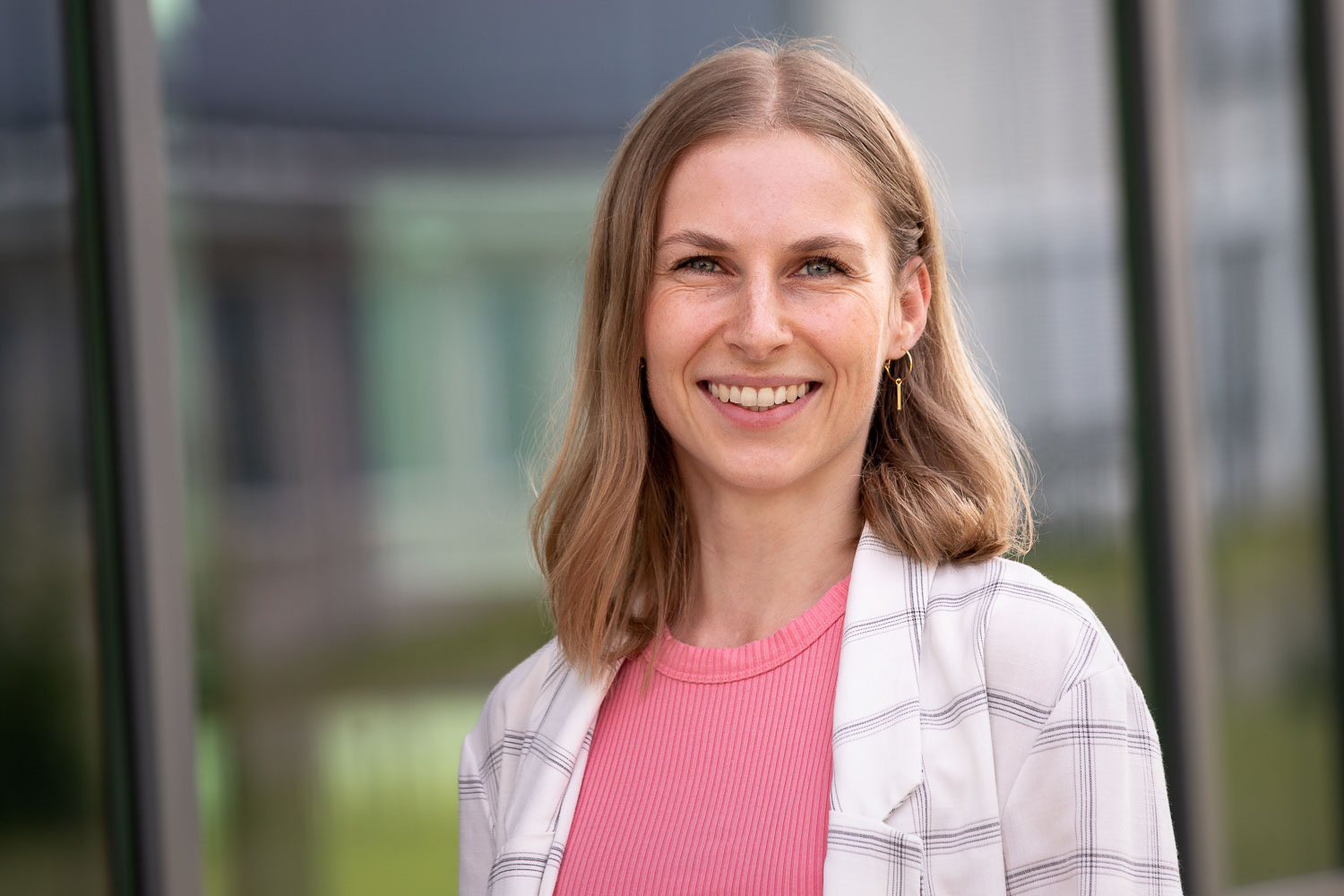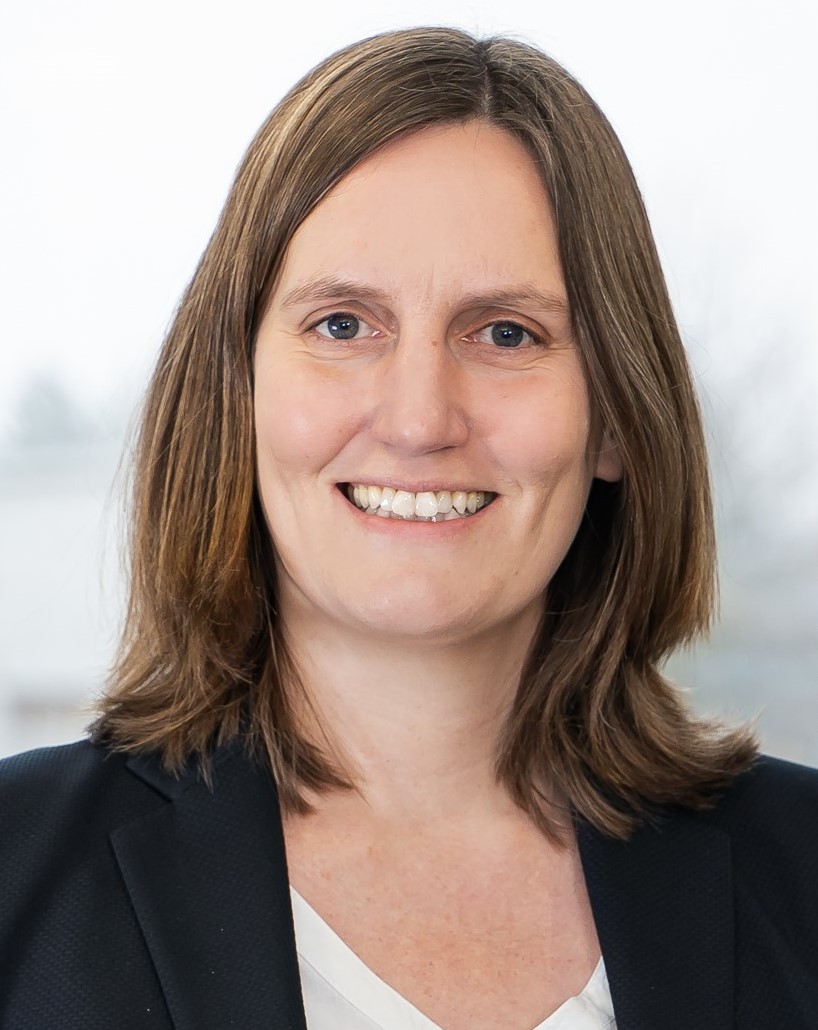Is trust in science waning? Research project "TruSDi" investigates trust relationship between science and digitized publics
The Corona pandemic in particular makes it clear: disinformation, even about supposedly scientific content, spreads rapidly on the internet. One of the reasons: Many users increasingly receive their information via news feeds in social media – compiled by algorithms. The importance of professional gatekeepers like journalists, on the other hand, is declining. Developments like these, in conjunction with changing perceptions of credibility online, are the starting point for the research project “The trust relationship between science and the digitized publics” (TruSDi), which was launched in August 2021 and is funded by the German Research Foundation (DFG). The trust relationship between science and the digitized publics is to be investigated.
What does this relationship of trust look like? What role does advancing digitalisation play in this? The researchers will be investigating these questions over the next three years. A highly relevant project against the backdrop of today’s media use.
So far no empirical clarity on loss of trust
“International or country-specific population-representative surveys on the public perception of science have shown a rather constant high level of trust in science over the last decades. However, trust was usually only recorded as one of many aspects and was not adequately represented in the complexity of the construct,” explains project leader Dr. Anne Reif from the Institute for Communication Science (IfKW) at Technische Universität Braunschweig. “TruSDi” wants to close this research gap and examine trust as a multi-layered and individual relationship variable.

Dr. Anne Reif from the Institute for Communication Science (IfKW) at TU Braunschweig is leading the research project “TruSDi”. Photo credit: Markus Hörster/TU Braunschweig
“It follows on from my dissertation and a cooperation with the university in Stellenbosch in South Africa,” says Reif. There, at the end of 2020, she conducted a survey together with emeritus sociologist Professor Peter Weingart from the University of Bielefeld and communication scientist Dr. Lars Guenther from the University of Hamburg – an online survey on the same topic as is now planned for Germany. Together with Professor Monika Taddicken, head of the IfKW, they form the team of the research project “TruSDi”. From October, another doctoral student will be contributing at the University of Hamburg.
“In South Africa, we investigated the public’s trust in science, their information behaviour at various online and offline contact points, and also asked to what extent their trust in science has changed as a result of the Corona pandemic,” explains Anne Reif. “The first evaluations show that there are five different trust groups or digitized publics in South Africa. Overall, trust is high during the pandemic, but there is also a group that is uncertain. Another small group of people is suspicious – i.e. rather untrusting – and hardly comes into contact with science. In the future, it is worth taking a differentiated look at the population with regard to possible changes in trust.”
Specific and differentiated instruments needed
Often, the enormous heterogeneity of digital communication is not grasped, according to the project group. The fact that the internet has become the number one source of information for scientific content in some population groups is recognised, but both the scientific content communicated online and the reception patterns of online communications diverge greatly. In order to be able to analyse relationships and connections between trust in science and digitalised communication behaviour, more specific and differentiated instruments are needed.
Mix of methods in five research modules

Professor Monika Taddicken, head of IfKW, is also working on “TruSDi”. Photo credit: IfKW/TU Braunschweig
In “TruSDi”, the research team wants to gain insights into the relationship between trust in science and modern communication technology at the level of users, content and social structures. For this purpose, a mix of methods consisting of panel surveys with qualitative interviews, content analysis and reception experiments is used in five research modules and one module on public relations.
Different areas of public science communication will be considered and related to each other. In addition to science-critical comments in social media, for example, mass media content on television, public lectures or other science events. At the end of the project in the summer of 2024, the results should provide insights into dynamic changes in trust relationships and explanatory approaches.
